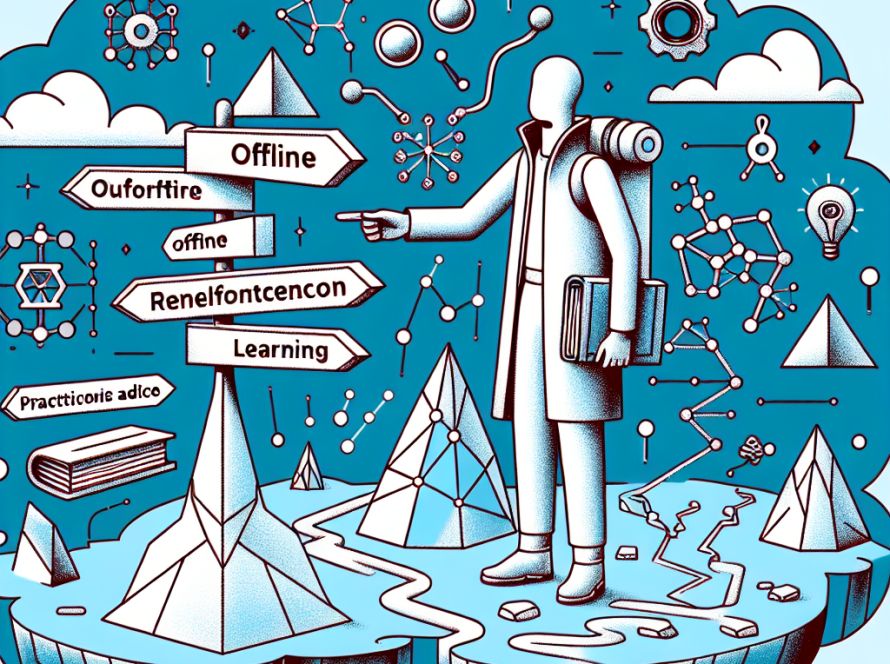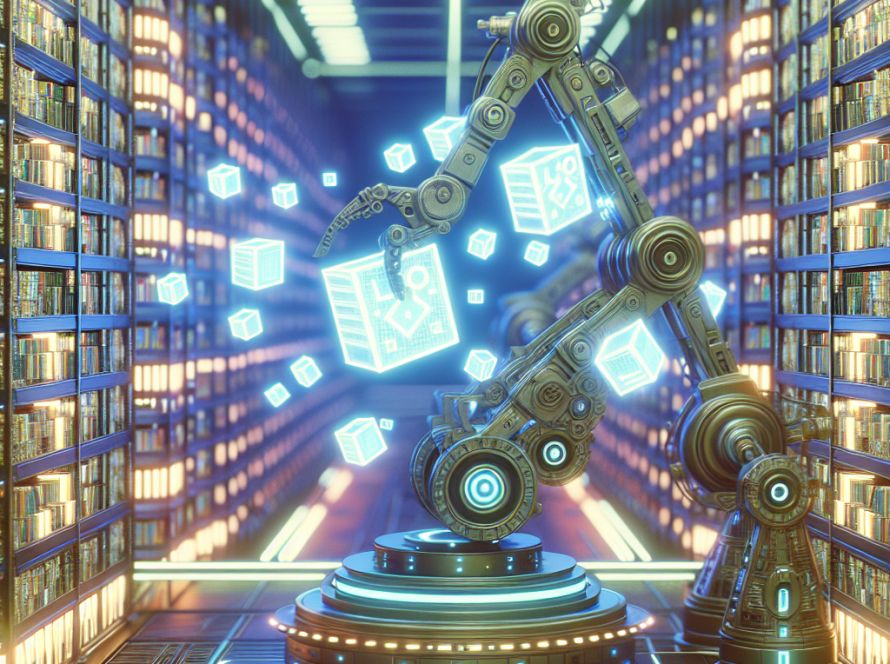Artificial Intelligence (AI) is at the forefront of innovation in the fast-changing field of healthcare. Among the most advanced AI initiatives is ChatGPT, an AI developed by OpenAI, known for its deep learning capabilities. This application is transforming healthcare practices by making them more accessible, efficient, and personalized. This article lists ten pivotal applications of ChatGPT in healthcare.
Firstly, ChatGPT is revolutionizing patient engagement by providing personalized communication, delivering tailored advice and information, from health reminders to appointment notifications to follow-up care instructions, via AI-driven chatbots. This results in enhanced patient experiences and improved adherence to treatment plans.
Secondly, ChatGPT offers mental health support, providing an accessible and confidential platform for immediate conversations. This AI guidance leads individuals toward relevant mental health resources and coping strategies.
Third, ChatGPT applications serve as an initial contact for patients seeking medical advice. By analyzing symptoms and medical history, the AI directs patients to suitable care, thus alleviating healthcare facility burdens.
Fourth, healthcare professionals benefit from ChatGPT through virtual assistants that handle administrative functions like scheduling, billing, and patient data entry. This automation ensures healthcare workers can dedicate more time to patient care.
Fifth, the program offers real-time translation services in patient-provider interactions, enabling non-English speaking patients to receive accurate information in their native language.
As a sixth point, ChatGPT provides interactive and adaptive experiences for medical education. By simulating patient cases, it facilitates risk-free practice of diagnostic and treatment decisions for medical students and professionals.
As a seventh advantage, it can support clinical decision making by providing evidence-based recommendations. The AI tool can analyze huge amounts of medical literature and patient data to aid with diagnostics, treatment options, and patient management strategies.
Eight, is the facilitation of remote healthcare delivery, as ChatGPT can conduct initial patient assessments, schedule virtual appointments, and provide follow-up care information.
As a ninth benefit, ChatGPT supports patient education by offering tailored information on diseases, treatments, and healthy lifestyle practices, inducing patient empowerment and engagement.
Lastly, in the area of medical research, ChatGPT accelerates data analysis, helping researchers identify trends and generate hypotheses more efficiently.
The integration of ChatGPT in healthcare is a testament to the potential of AI to revolutionize industries. Leveraging this technology can enhance service delivery, patient outcomes, and operational efficiencies. As these technologies evolve, they will continue to unlock potentials for innovation in healthcare, making it increasingly personalized, accessible, and efficient for all. The continuous advancement and implementation of technologies like ChatGPT will be key in realizing the benefits and addressing the challenges of modern healthcare.


